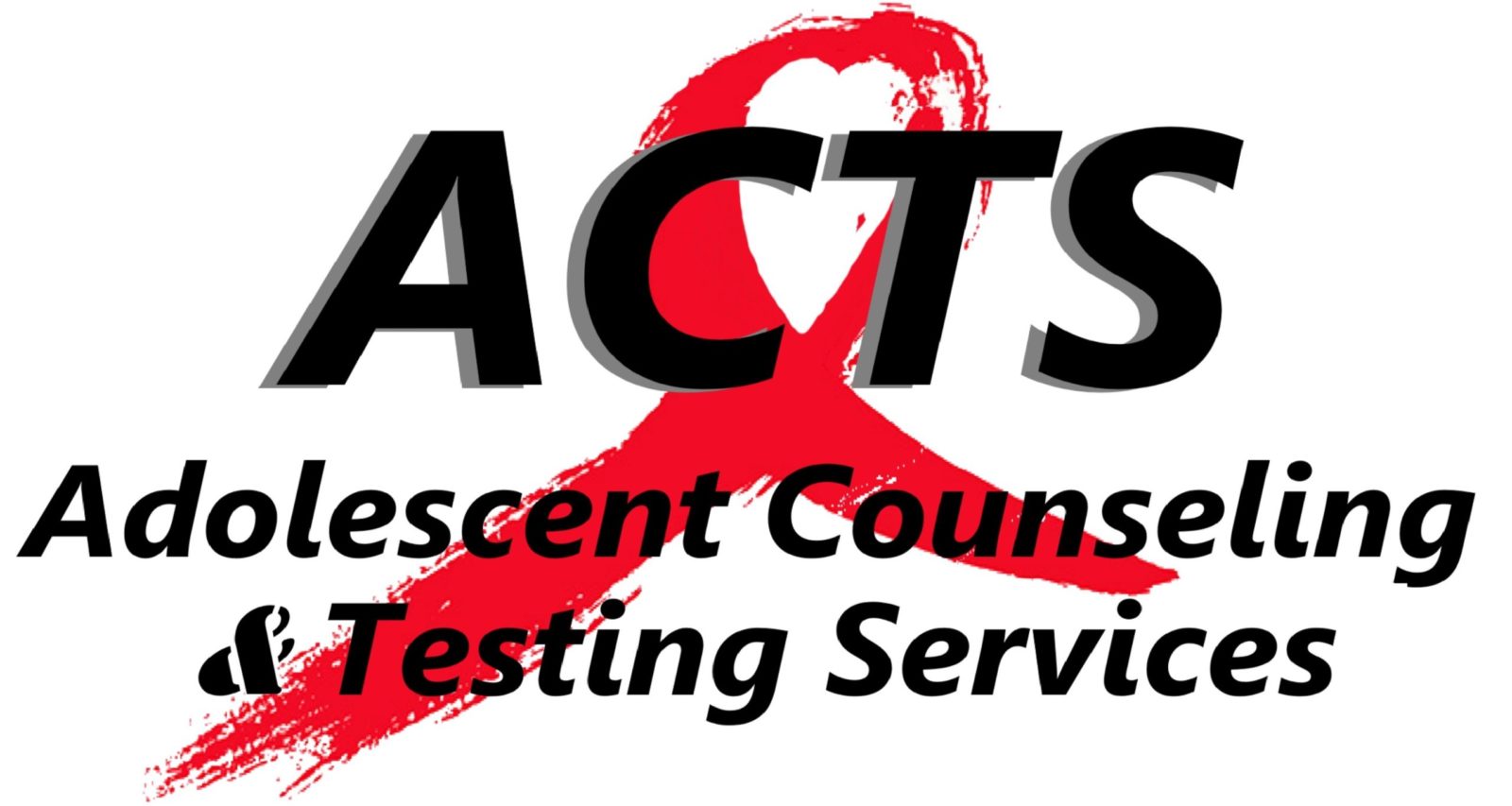Publicize Our Prisons

In order to fully understand the topic at hand, it is imperative to have a fundamental understanding of the business model that makes prisons private. Private prisons are owned and maintained by private companies. The building, guards, medical services, cleaning services, food, staff and administration, are all taken care of by said corporation. The government’s two official roles are to provide the prisoners and provide oversight – the amount of oversight is very much debatable. These for-profit prisons are able to generate income through government granted stipends, which are directly proportional to the number of inmates housed.
For instance, let us say that it would theoretically cost the government $300 per day, per inmate. By contracting out a private corporation willing to house an inmate for $250 per day, the government would then be able to save $50 off of each prisoner. Then, in order to maximize their overall profits, that corporation could cut back on their inmate expenses (food, medical care, supplies, etc. ) and increase the net amount that they are profiting off of each inmate (Bryant, 2020). With over 2.3 million people incarcerated all across the United States, private prisons are a breeding ground for an enormous rate of steady income. Despite only less than 9% of all incarcerated individuals being housed in private prisons, private prisons still provide a source of high income to their benefactors.
At first glance, the privatization of prisons and detention centers appear to be an ethical and economical jackpot. Private corporations are able to relieve taxpayers of the economical stain of funding prisons, while being able to fund billions of dollars towards sophisticated rehabilitation programs specially tailored to reduce recidivism and equip inmates with the proper skills needed to successfully integrated back into society. A win-win for all right? No. While big governmental contracted companies such as CoreCivic, Lassalle and GEO Group, pride themselves in being state of the art correctional facilities, they are constantly under fire for the exploitation and abuse of the innates held there. Since birth, these government contracted facilities have been worldly criticized for the inhuman treatment of inmates, high count of inmate deaths and inadequate medical services. Each facility has a long list of criminal cases, civil cases, constitutional violations and audits filed against them. While there is governmental oversight, advocacy agencies argue that these facilities employ unregulated polices that are in clear violation of human rights. These businesses, in a true capitalist manner, seemed to be focused on expansion, which is the exact opposite of what one would expect from companies that advocates rehabilitation.
A common belief associated with private prisons is that they are” factories behind fences” – powerhouses of an immense slave labor force. And while some may consider that a hefty overstatement, the fact is that inmates housed in private for-profit prisons are required to work. Most profit prisons require that they perform institutional maintenance jobs, which are tasks centered around the general upkeep of the facility, such as housekeeping and groundskeeping. Inmates are then paid roughly $0.10 – $0.50 per hour for their full days of work. Not only are these individuals being paid well beneath the lawful minimal wage threshold for any US state, these corporations are able to save billions of dollars by not hiring maintenance workers who they would, by law, be forced to pay a “respectable” amount.
While everything mentioned above holds truth, it is also important to mention that there are government funded programs that were created to specifically target these exploitations. The Prison Industry Enhancement Certification Program (PEICP) is a federal program in which inmates are able to work under an outside private employer, receive a credible income and acquire technical and/or mechanical skills, all while serving their time. ”Only about 5,000 people in prison — less than 1% — are employed by private companies through the federal PIECP program, which requires them to pay at least minimum wage before deductions (Sawyer & Wager, 2020).” Which is why most advocates of prison reform and the de-privatization of prisons push for programs such as these. This program, like most government programs, has its own share of pitfalls, however the creation of it alone serves as a glimmer of hope for total prison reform and the total demolition of profit-based prisons.
Despite one’s personal beliefs on this topic, the truth of the matter is that private prisons need a consistent stream of individuals getting incarcerated in order to stay in business. This ideology alone is contradicting and detrimental on a societal level as it pushes for the harsher enforcement of laws and the over policing of minority communities. The textbook goal and focus of prisons are to rehabilitate inmates. However, the privatization of prisons and detention centers places the focus on profit, which will always require inmates. We are at crossroads.
The bottom line is that our prisons are overcrowded, highly funded and the nations recidivism rate is not getting any lower, so what really is the end goal?
References
Bryant, S. (2020, Febuary 22). The Business Model of Private Prisons. Retrieved from Investopedia Web Site : https://www.investopedia.com/articles/investing/062215/business-model-private-prisons.asp#:~:text=A%20private%20prison%2C%20on%20the,a%20stipend%20from%20the%20government.&text=A%20private%20prison%20can%20offer,%24150%20per%20day%20per%20prisoner.
Sawyer, W., & Wager, P. (2020, March 24). Mass Incarceration: The Whole Pie 2020. Retrieved from Prison Policy Initiative Web Site : https://www.prisonpolicy.org/reports/pie2020.html
Smith, C. J., & Moses, M. C. (2007, June 1). Factories Behind Fences: Do Prison Real Work Programs Work? Retrieved from National Institute of Justice : https://nij.ojp.gov/topics/articles/factories-behind-fences-do-prison-real-work-programs-work
